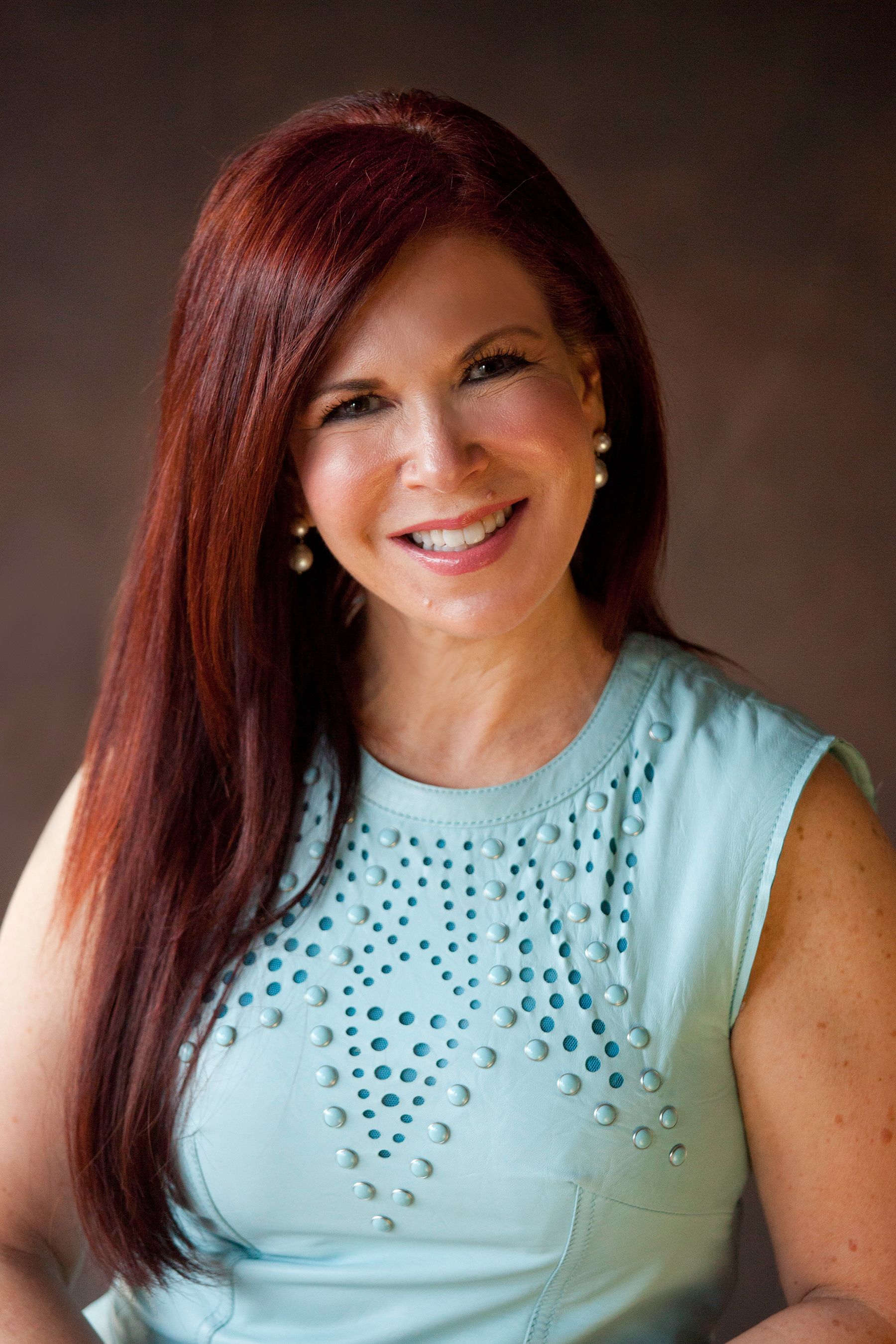- Acne
- Actinic Keratosis
- Aesthetics
- Alopecia
- Atopic Dermatitis
- Buy-and-Bill
- COVID-19
- Case-Based Roundtable
- Chronic Hand Eczema
- Chronic Spontaneous Urticaria
- Drug Watch
- Eczema
- General Dermatology
- Hidradenitis Suppurativa
- Melasma
- NP and PA
- Pediatric Dermatology
- Pigmentary Disorders
- Practice Management
- Precision Medicine and Biologics
- Prurigo Nodularis
- Psoriasis
- Psoriatic Arthritis
- Rare Disease
- Rosacea
- Skin Cancer
- Vitiligo
- Wound Care
Article
Skincare innovation comes at a price
Author(s):
Although most skincare innovations happen in the medically dispensed lines before mass market availability, Dr. Vivian Bucay points out that there are lower priced options backed by science that dermatologists can confidently recommend to patients looking for effective skincare products.
Dr. Bucay

Most skincare innovations happen in the medically dispensed and physician-dispensed lines before those innovations hit the mass market. But that’s not to say there aren’t lower priced options that dermatologists can confidently recommend to patients looking for skincare products backed by science, according to dermatologist Vivian Bucay, M.D., of the Bucay Center for Dermatology and Aesthetics, in San Antonio, Texas.
“One example: People who want hyaluronic acid in their skincare can use products in Neutrogena’s Hydro Boost line, which has some nice products,” Dr. Bucay says.
A pricier and more innovative alternative is Senté, which uses a glycosaminoglycan - a type of hyaluronic acid called heparan sulphate analog. Senté has worldwide exclusive rights to heparan sulphate analog, which has the properties of being a hyaluronic acid and can hold 1,000 times its weight in water, but it also happens to be the one molecule that bathes all living cells.
“It’s so important because it regulates growth factor functions. That’s their hero ingredient. That’s innovative and pricey,” Dr. Bucay says. “But I tell patients that if they’re looking for a hyaluronic acid product, Hydro Boost is a good option. They don’t have to buy the more expensive Chanel or Estee Lauder or other department store brands.”
Olay Regenerist and Olay Pro X lines are lower priced options with proven skincare benefits, according to Dr. Bucay.
“When peptides became a buzz word in early 2000, Strivectin was about $175 a tube and Olay was $10, and they both had licensed the same peptide,” Dr. Bucay says.
A higher priced innovative product from Skinbetter Science features a patented molecule that uses lactic acid and retinoic acid to create a hybrid that’s processed through the skin. It’s a tolerated retinoid that doesn’t tend to cause skin irritation, Dr. Bucay says.
More affordable drug-store alternatives include the Pierre Fabre Avène line, in which the company uses a retinaldehyde, known as RetrinAL.
“It’s one of the things that retinol is metabolized into and which then metabolizes into retinoic acid. It’s a lot less irritating. They have hyaluronic acid and retinaldehyde. It’s affordable with some good actives,” Dr. Bucay says. “There’s Roc from Johnson and Johnson which is a pretty intensive line of products with retinol.”
La Roche-Posay’s Toleraine line (Loreal) offers a more affordable and innovative day cream, night cream and eye cream. Each is preservative-free, featuring an airless container that keeps the products sterile. The company tested the products on more than 3800 people who were patch tested and proven to have allergies to two or more officially recognized allergens.
“That to me is an innovation that’s worth it. It would be a good choice for sensitive skin,” Dr. Bucay says. “It is formulated with the La Roche-Posay dermal spring water for sensitive skin. It has no preservatives, no parabens, no fragrance and no drying alcohols. It has is a preservative-free formula with a valve system within the pump. And it has a tri-layer pouch and it’s retractable.”
Innovation often requires research, which increases product pricing, according to Dr. Bucay. She says patients should be aware of products backed by quality science and that there is no better indicator that a product works. Dr. Bucay was among the authors of a paper published in the Journal of Drugs in Dermatology looking at the defensin-containing skin care regimen DefenAge (Projenitor Biologics, MediCell Technologies) skincare products.1
The authors found the DefeAge regimen activates the body’s own dormant stem cells to generate healthy new epidermal cells.
“That was a double-blinded vehicle-controlled study. And we did biopsies to show a difference in the skin’s response. The Defensins in skincare aren’t found in anything else,” she says. “If you’re talking about something purely innovative that has an exclusive ingredient it’s not going to be substituted with even a department store or drug store alternative. It’s not possible. There’s exclusivity. They can’t get their hands on that ingredient.”
Disclosures:
Dr. Bucay is a La Roche-Posay (L'Oreal) consultant; SkinCeuticals (L'Oreal) speaker; Senté medical advisory board member.
References:
- Taub A, Bucay V, Keller G, Williams J, Mehregan D. Multi-Center, Double-Blind, Vehicle-Controlled Clinical Trial of an Alpha and Beta Defensin-Containing Anti-Aging Skin Care Regimen With Clinical, Histopathologic, Immunohistochemical, Photographic, and Ultrasound Evaluation. J Drugs Dermatol. 2018;17(4):426-441.
Newsletter
Like what you’re reading? Subscribe to Dermatology Times for weekly updates on therapies, innovations, and real-world practice tips.














